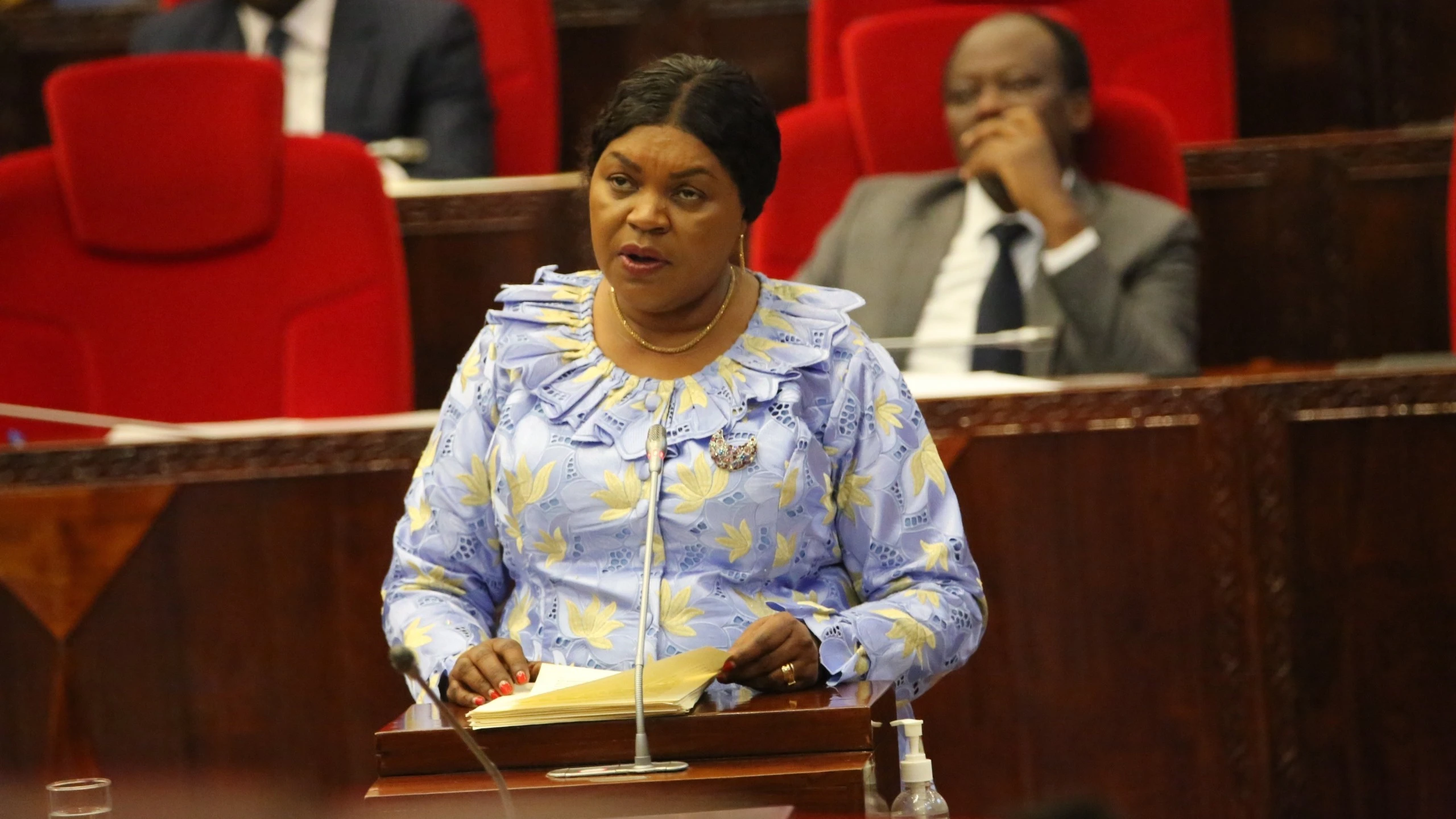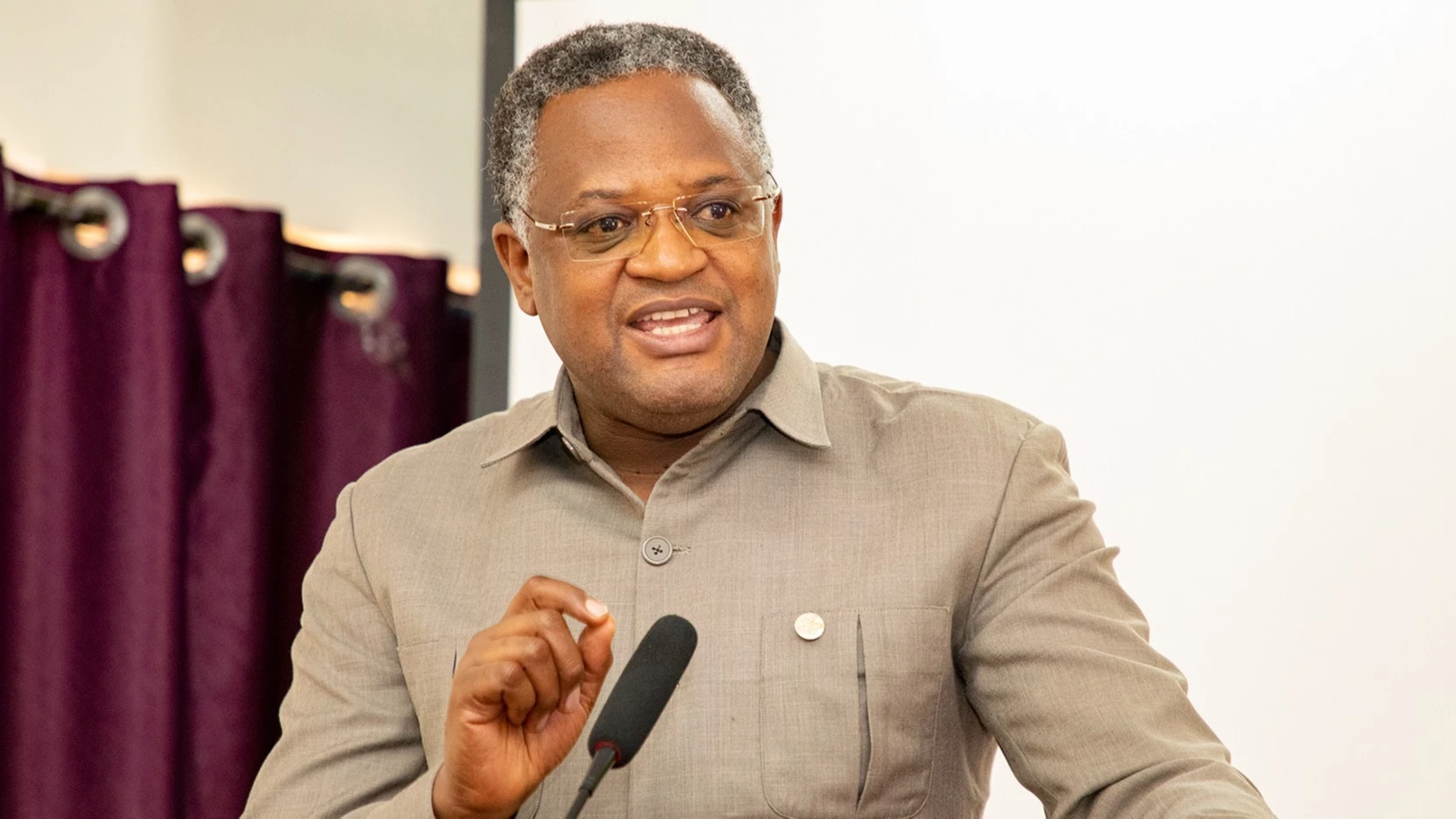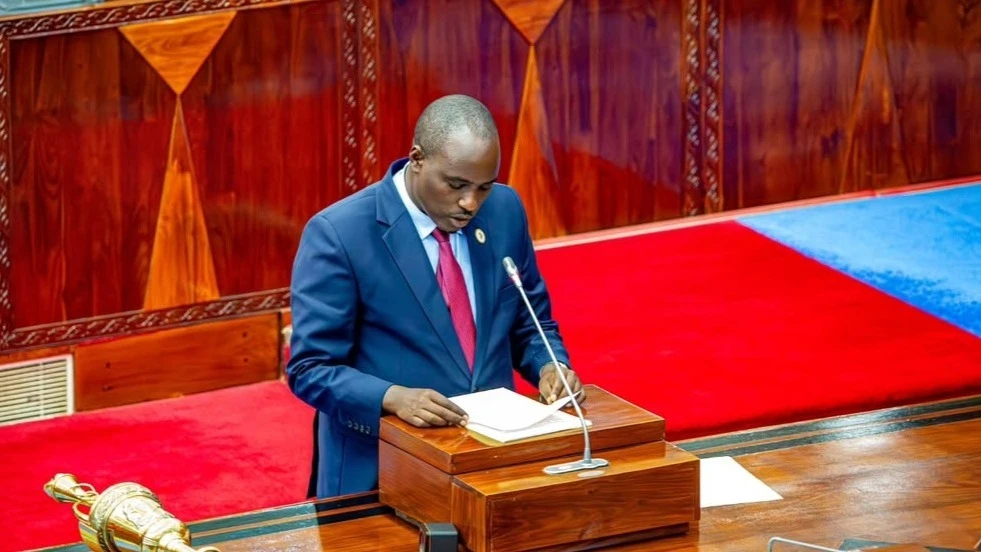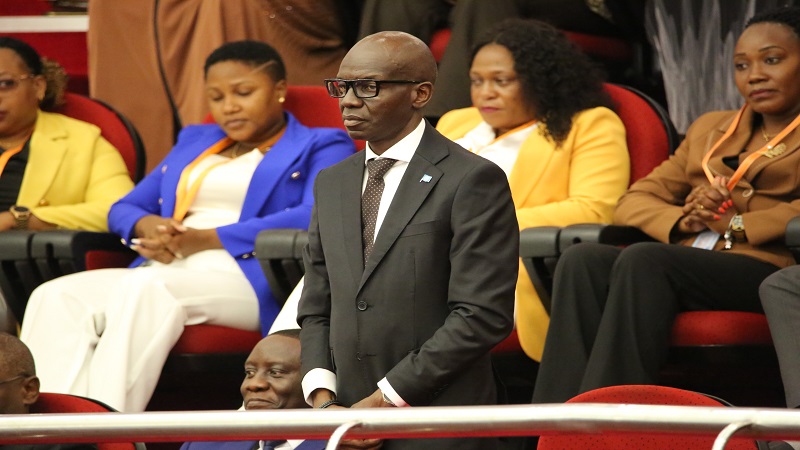Health sets 10pc of 1.618trn/- estimates to prevent diseases

THE government has proposed a total allocation of 1.618trn/- for Health during fiscal 2025/26 where 166.01bn/- or ten percent is designated for preventive health and nutrition-related interventions.
Jenista Mhagama, the minister, set out these plans when tabling ministerial estimates in the legislature yesterday, outlining a series of initiatives to gradually transform the healthcare system.
Disease prevention, service delivery, specialist care and mental health services are among key priorities, she said, underlining that these priorities mark a significant step in broader health sector revamping efforts, to deliver improved, equitable and sustainable health services across the country.
“The strategy reflects a holistic approach to strengthening health outcomes nationwide through strengthening preventive healthcare against communicable and non-communicable diseases,” she stated.
It also seeks to improve access levels and quality of services from dispensaries to referral hospitals, reinforcing healthcare financing through universal health insurance rollout, she said.
Other priorities include advancing strategic health research, improving maternal and child health services, expanding availability of nursing professionals and enhancing advanced specialist treatment, she further noted.
The promotion of traditional and alternative medicine, increased access to essential treatments and improved mental health and rehabilitation support for children, the elderly and persons with disabilities are also envisaged, she stated.
The funds will be used to support public health emergency operational centres in Simiyu, Geita, Coast, Njombe, Singida and Shinyanga regions, serving as command hubs in the coordination and response to health emergencies, including disease outbreaks, the minister noted.
The government also plans to intensify nationwide public awareness campaigns to promote healthy eating habits, physical activity and the reduction of lifestyle risks, she said.
These risks include excessive sugar, salt and alcohol intake, apart from tobacco use, all in an effort to reduce the burden of non-communicable diseases, she stated
The national nutrition programme is nearing completion and is set to become a cornerstone of the country’s preventative health strategy, she said, pointing out that as part of efforts to bolster cross-border health security, isolation facilities will be built at 16 border posts, she said.
The government will also purchase five emergency vehicles, three ambulance boats and 28 walkthrough thermo scanners, while a major component of the government’s strategy is expanding community health workers programme, she explained.
The ministry will conduct further training on 28,000 health staff across the country, strengthening grassroots health services and enhancing outreach, especially in underserved areas, she said.
Immunisation initiatives targeting children under five, adolescent girls and pregnant women will be enhanced, ensuring that critical populations receive life-saving vaccines and protection against preventable diseases, she specified.
Elibariki Kingu, the Health and HIV/AIDS parliamentary committee chairman, urged intensification of efforts against non-communicable diseases by investing in research to determine the full scope of their impact in the country.
The government should inject 300bn/- into the Medical Stores Department (MSD) to boost efficiency and strengthen the supply of medical products, he said.
The funding would also support local pharmaceutical investment and expand storage capacity with new warehouses, he said, affirming that lack of capital is hindering MSD from effectively fulfilling its mandate.
The government similarly needs to settle the 434.2bn/- debt it owes to MSD to stabilize its operations, the committee leader intoned.
Top Headlines
© 2025 IPPMEDIA.COM. ALL RIGHTS RESERVED






















